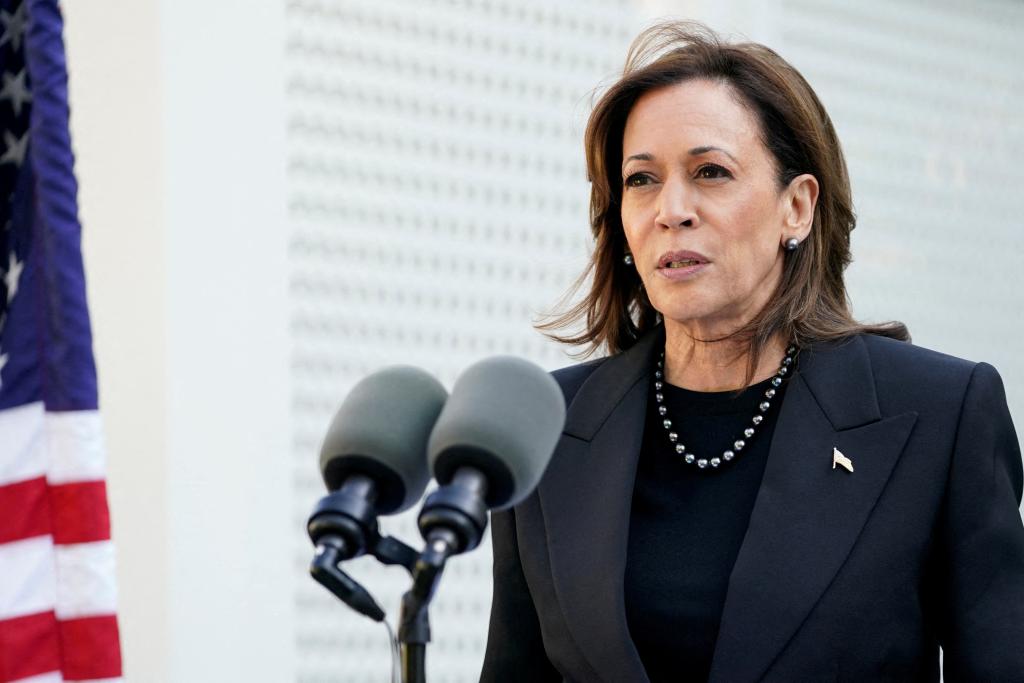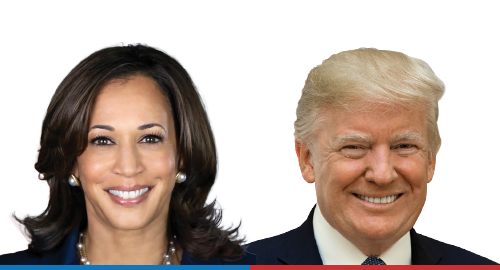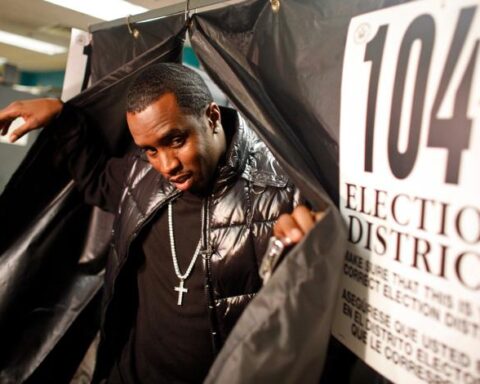Experts Warn Proposal for In-Home Elder Care Could Skyrocket Beyond Campaign Estimates
Vice President Kamala Harris has introduced a new plan to ease the burden of elder care in America by expanding Medicare to cover in-home care for seniors, but experts are raising concerns that the cost will far exceed initial projections. Unveiled as part of Harris’ presidential campaign, the “Medicare at Home” initiative aims to provide health aides for seniors who require assistance with daily activities such as bathing, eating, and dressing, helping to keep them out of residential care facilities.
The Harris campaign cites a Brookings Institution white paper, estimating the program will cost approximately $40 billion. However, economists and industry experts argue that the actual cost is likely to be tens of billions more, given the scale of the proposed expansion.
Harris, 59, emphasized the personal aspect of the program during a media blitz, stating, “It’s just about helping an aging parent or person — you know — prepare a meal, put their sweater on,” in a bid to highlight how the plan could relieve Americans from the financial and emotional toll of transferring loved ones to residential facilities.
The Medicare at Home plan promises to extend coverage to all seniors and individuals with disabilities on Medicare, a group currently encompassing over 67 million Americans. However, the details of how this expansion will be funded remain unclear. The Harris campaign suggests that cost savings will come from measures like negotiating lower prescription drug prices, cracking down on pharmaceutical benefit managers, addressing Medicare fraud, and implementing international tax reforms. Critics are skeptical these initiatives will generate sufficient funds to offset the costs.
Experts Sound the Alarm Over Rising Costs
Mark Warshawsky, a senior fellow at the American Enterprise Institute (AEI) who specializes in long-term care, voiced concerns about the financial burden the plan could place on taxpayers. “This will be very expensive for the taxpayer,” Warshawsky said, adding that the actual cost of expanding in-home care services would likely far exceed the campaign’s estimate. He noted that current nationwide spending on in-home care already exceeds $130 billion.
Warshawsky argued that much of the cost Harris aims to cover is already being handled by a combination of private and public spending. “Medicaid pretty much covers almost half of long-term care costs in the country already,” he explained, adding that many seniors with significant assets are able to exploit loopholes to qualify for Medicaid coverage.
Michael Cannon, director of health policy studies at the libertarian Cato Institute, took his criticism even further. In a scathing blog post, Cannon called the proposal “irresponsible, corrupt, and insane,” accusing Harris of attempting to “buy the votes of Medicare enrollees and their middle-aged children in an election year.”
Cannon also pointed out the apparent contradiction in Harris’ plan: “With one hand, [Harris] proposes to increase Medicare long-term care spending by $40 billion. With the other hand, she proposes to cut $40 billion of Medicare drug spending — all without denying benefits to anyone.” He suggested that such an approach was not only fiscally unsound but also politically motivated.
Concerns Over Labor Shortages and Immigration
Another potential issue raised by Warshawsky is the reliance on immigrant labor to support the influx of in-home care aides. The plan, he noted, would likely necessitate an increase in immigration to fill the jobs required to meet the demand, further complicating the feasibility of the initiative.
Harris’ proposal comes at a time when the nation faces a significant labor shortage in caregiving professions. Warshawsky warned that without addressing this workforce gap, the Medicare at Home initiative could struggle to deliver on its promises.
A Bold Proposal with Uncertain Outcomes
While the Medicare at Home plan appeals to voters seeking relief from the high costs of elder care, it has sparked a heated debate among economists and policymakers. Supporters praise the initiative for addressing a growing need for affordable in-home care, while critics caution that the financial and logistical challenges could undermine the program’s goals.
With Harris and her running mate, Governor Tim Walz, emphasizing health care reforms as key components of their campaign platform, the Medicare at Home proposal is likely to remain a focal point of discussion as the election approaches. Whether it can withstand the scrutiny of experts and deliver on its promises remains to be seen.
4o















